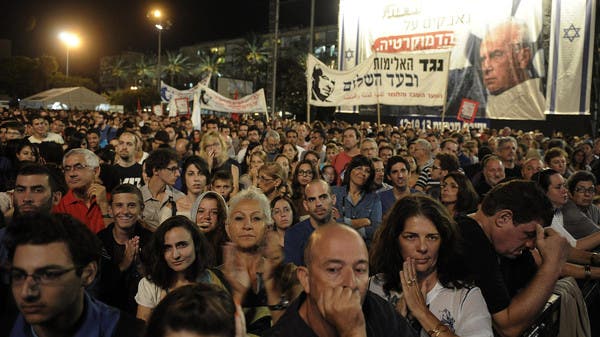By Kathryn Maureen Ryan
Impunity Watch Reporter, Middle East
CAIRO, Egypt–Amnesty International has accused the Egypt government of unlawfully detaining and deporting hundreds of Syrian refugees, including women and children, who had fled their homes to escape the violence in Syria. .
.jpg)
The Syrian civil war has uprooted approximately 7 million people since the uprising began in March 2011. More than 100,000 Syrians have been killed since the start of the conflict and more than 2 million Syrians have fled their homes and sought refuge in neighbouring countries.
Quoting UNHCR, the United Nations agency for refugees, Amnesty said 946 people had been arrested by Egypt while attempting the crossing, and that 724 remained in detention. According to Amnesty the Egyptian navy has intercepted around 13 boats in the Mediterranean carrying refugees from Syria. The refugees were attempting to reach and seek refuge in Europe. According to Amnesty International 12 people drowned after a boat carrying Syrian refugees capsized off the cost of Alexandria.
Sherif Elsayed Ali, Amnesty’s head of refugee and migrants’ rights, said in a statement on Thursday that; “Instead of offering vital help and support to refugees from Syria, the Egyptian authorities are arresting and deporting them, flouting human rights standards.” He said the Egyptian state had failed to “meet its international obligations to protect even the most vulnerable refugees.”
Refugees detained by Egyptian forces must decide between accepting deportation or accepting prolonged, indefinite and unlawful detention in Egypt. Lawyers told Amnesty International that in at least two instances refugees were collectively deported back to Damascus, Syria, which would constitute a violation of international law, Non-refoulement prohibits the deportation of persecuted persons back to the state that is violating their human rights. “Sending refugees back to a bloody conflict zone is a serious violation of international law. Refugees who have fled are at an obvious risk of human rights abuses,” said Sherif Elsayed Ali.
Egypt’s Foreign Ministry said in a statement that Amnesty International’s report was “inaccurate and does not reflect the reality of [Syrians’] situation in the country” and said “There is no policy of deportation of our Syrian brothers and the vast majority of them live in peace.” However Egypt has recently began to require Syrians and other foreign nationals to acquire visas from Egyptian consulates aboard before entering the country.
The Egyptian media has accused Syrian refugees of supporting the Muslim Brotherhood and has even accused refuges of being involved in the violence that occurred after President Mohamed Morsi was removed from power in Egypt. Popular media outlasts have accused Syrian refugees of attacking Egyptian civilians and security forces and of participating in the Rabaa El Adawiya and Al-Nahda sit-ins, which began in June and were brutally broken up by Egyptian authorities on August 14.
The anti-Syrian refugee propaganda heard over Egyptian airwaves is being felt by Egyptian refugees in the streets of Egypt’s cities; one Syrian refugee, whose family is living in a neighbourhood of 6 October City, outside Cairo, said her children cannot play outside anymore because “they are cursed by the other kids, told really bad words.”
For more information please see:
Al Jazeera – Egypt Accused of Unlawfully Detaining Syrians – 17 October 2013
Amnesty International – Egypt: End Deplorable Detention And Deportation Of Refugees From Syria – 17 October 2013
Amnesty International – We Cannot Live Here Anymore’: Refugees From Syria In Egypt – 17 October 2013
Huffington Post – Egypt Unlawfully Detains Syrian Refugees, Including Children, Amnesty International Says – 17 October 2013



